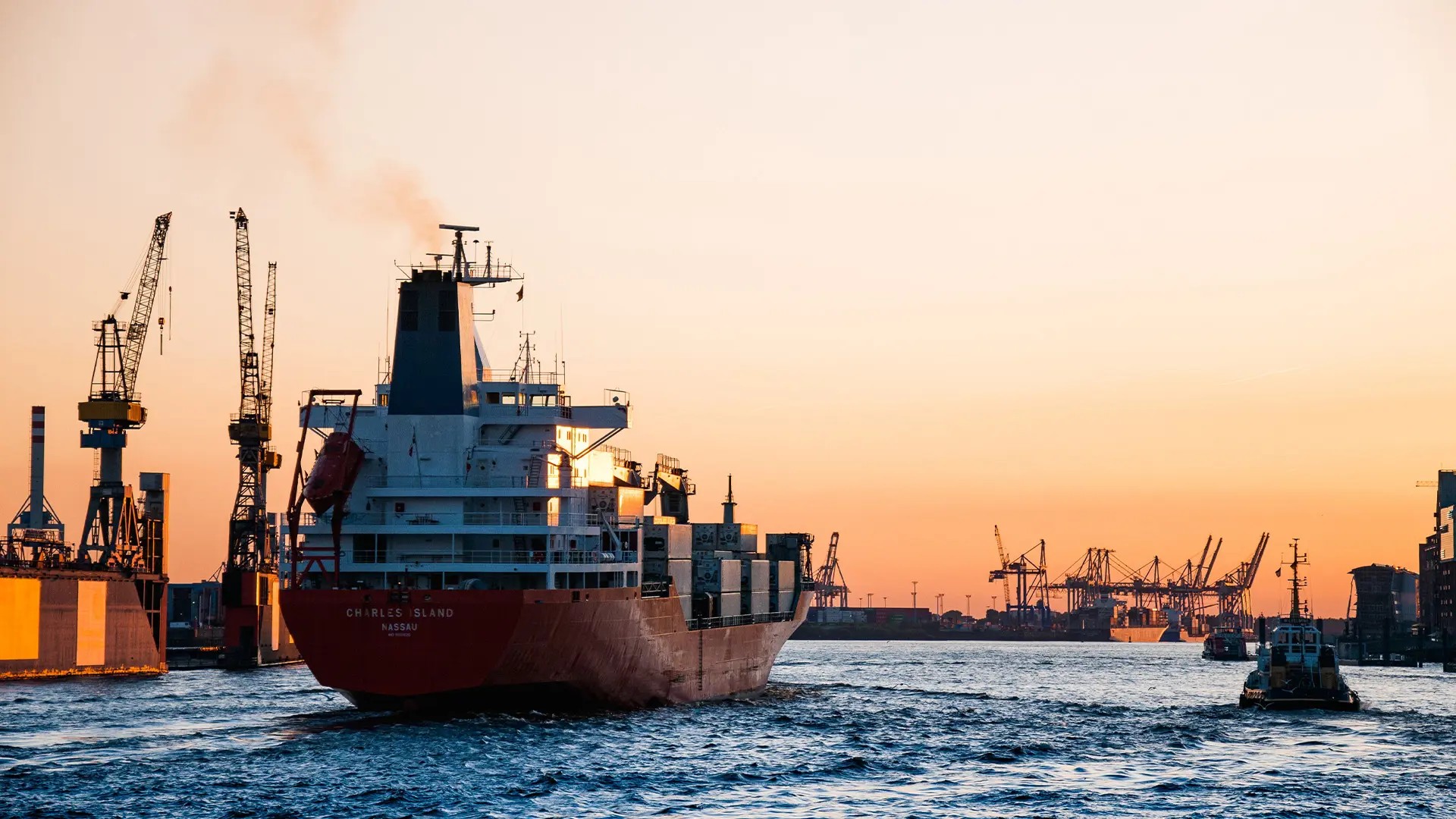
If you are interested to study scientific areas related to shipping, ranging from naval architecture and ocean engineering, climate and environmental impact, to maritime operations, on and below the water, you should apply to the graduate school Shipping and Marine Technology.
The International Maritime Organization (IMO) estimates that about 90 per cent of world trade is, at some point, transported at sea. Historically, shipping has been considered to have a low climate impact compared to other modes of transport. Today we know that this is not a general truth and there is a need to reduce the negative environmental impact of shipping, e.g., minimizing emissions to the atmosphere and the marine environment. To combat climate change, great efforts are required in the transition to sustainable development of shipping, which requires new working methods and demands for the operators responsible for the ship's operation and maintenance. As a doctoral student at the graduate school Shipping and Marine Technology you have the opportunity to contribute to the desired development.
The graduate school Shipping and marine technology is focused around research to develop energy efficient and safe ships, navigation systems and the human-technology interaction on board. As a doctoral student you can for example learn about energy and system analysis to assess ships’ emissions to air and water and the impact on the marine environment. Research within the graduate school is also linked to policy issues and the development of new regulatory frameworks. In addition to shipping, the postgraduate subject also includes marine engineering applications in offshore installations, such as offshore wind and wave power.
Within the graduate school, you can choose between different specializations such as naval architecture, shipping technology, maritime environmental science, and energy and environmental systems analysis. Read more about these in the study plan.
The graduate school is organised within the Department of Mechanics and Maritime Sciences.
Syllabus
Established by the First Vice President on 2005-10-24, registration number C 2005-1199.
Latest revised on 2021-06-21 registration number M2 2021-0146.
This syllabus applies to doctoral students admitted as of 2021-08-01.
Regarding older syllabus, please contact the first vice/vice head of department.
Transitional regulations:
A doctoral student admitted to an older syllabus may earn a degree in accordance with this, provided that the current Appointment regulation for doctoral programmes and current Local Qualifications Framework – third cycle qualifications are followed.
Doctoral students admitted to an older syllabus of graduate school Shipping and marine technology can, however, change to the current syllabus by an application to the Deputy/Vice Head of Department. The change must be documented in the individual study plan.
The graduate school is regulated by the Appointment regulation for doctoral programmes and the Local Qualifications Framework for Chalmers University of Technology - third cycle qualifications and is described in the syllabus for the graduate school. In the event of any conflict between the documents, the Appointment regulation for doctoral programmes and the Local Qualifications Framework for Chalmers University of Technology - third cycle qualifications are governing. For the most recent version of all regulatory documents referenced in this syllabus, see Chalmers’s internal website.

